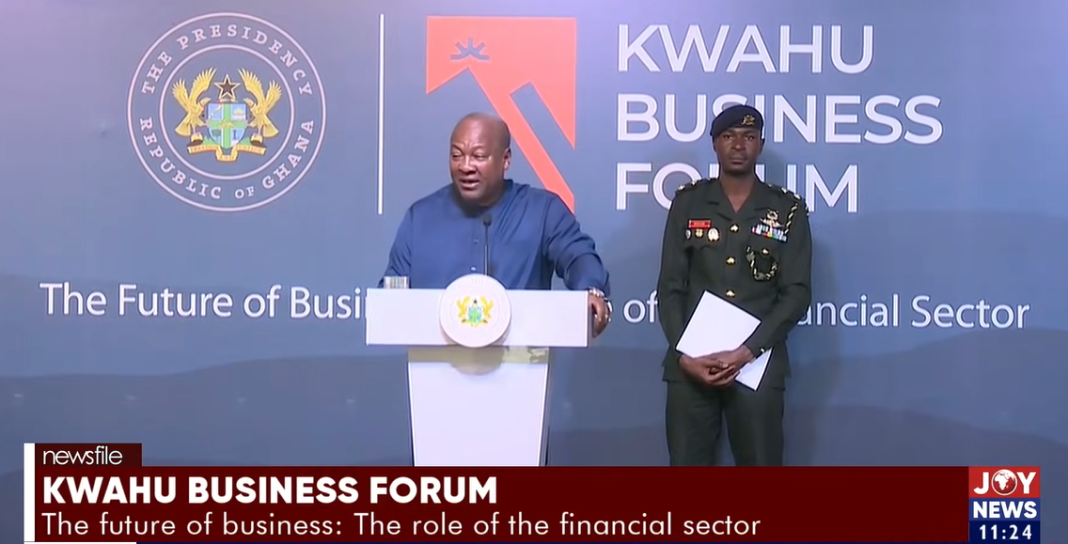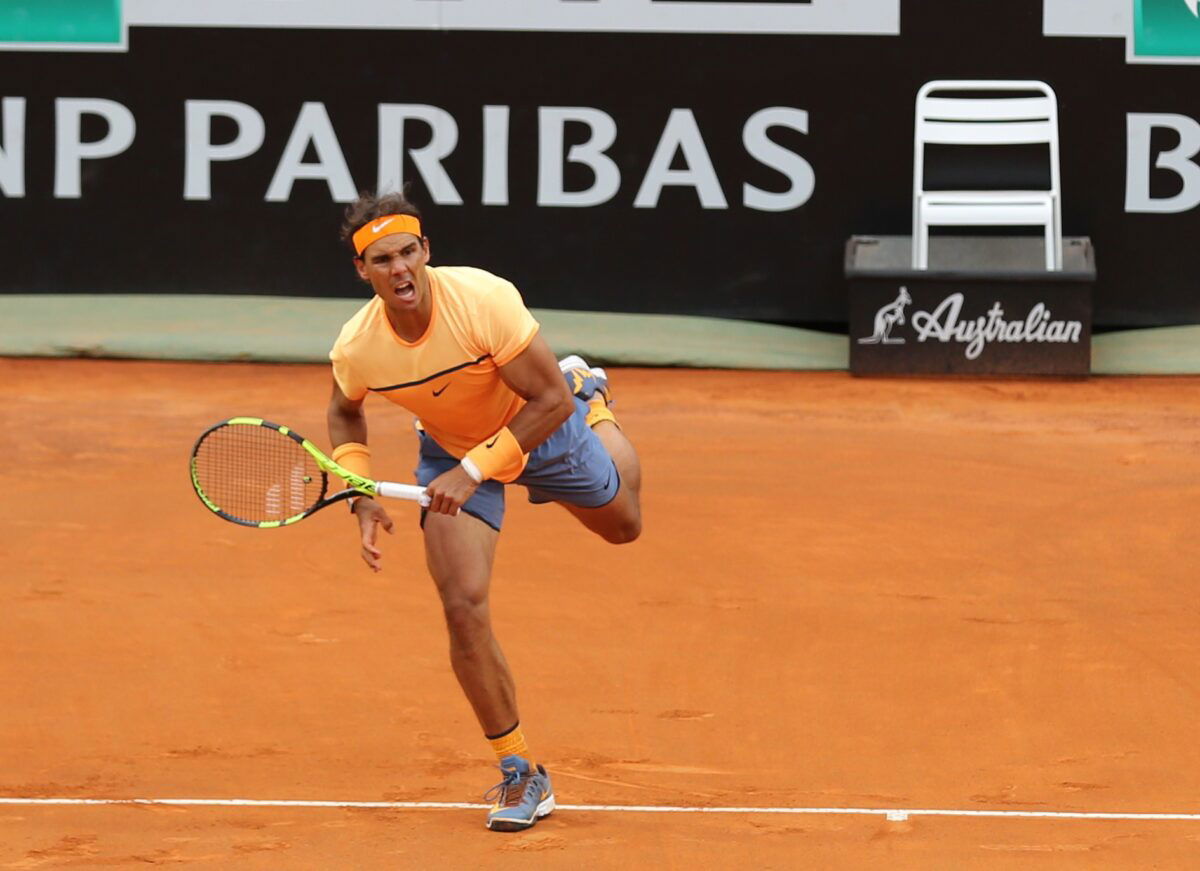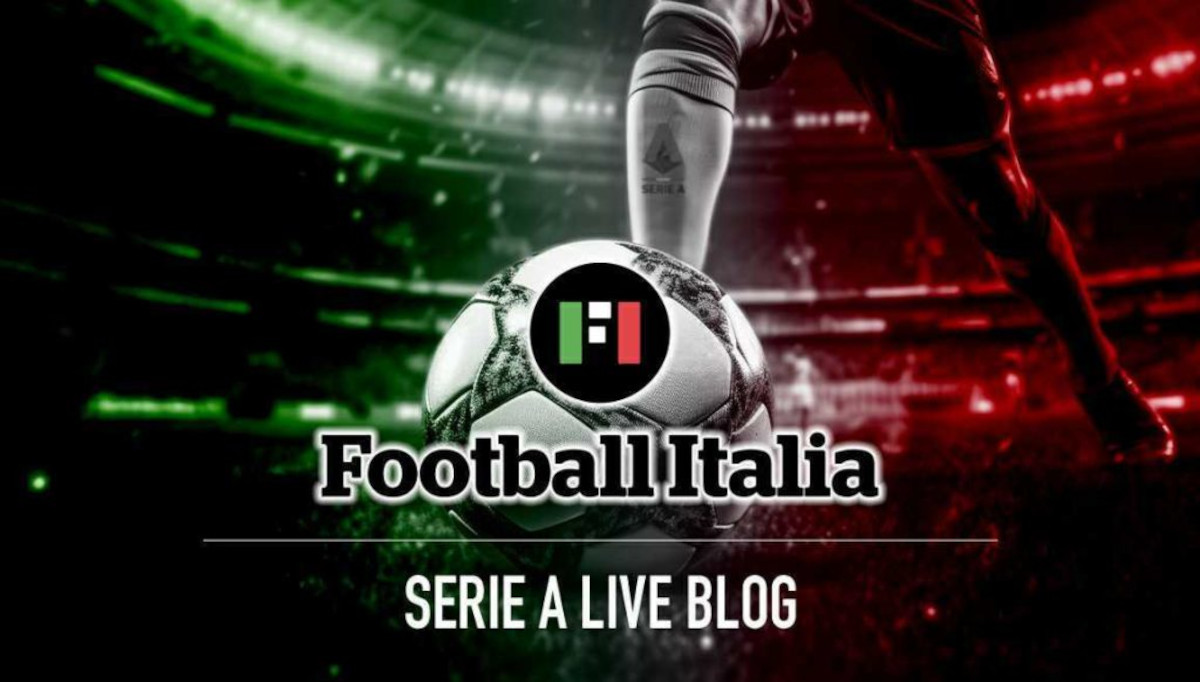STORY: Martinique is a verdant Caribbean island known for exporting bananas and welcoming tourists seeking a tropical paradise. But for locals, it’s a different, more complex story. More than a quarter of residents in the French territory are poor, twice the rate of in mainland France.
And a trip to the supermarket offers a snapshot of their struggles. Let’s start with something as basic as water. :: Le Lamentin, MartiniqueChristelle Marie-Sainte is buying it in bottles, because the water in the tap at home is yellow-tinted.

But she balks at the price she has to pay. :: Christelle Marie-Sainte, Martinique resident"I bought packs of water for my husband who's in hospital, so I'll get him some water, but we strictly buy what is necessary from the supermarkets because it's too expensive, so there you go." Some residents accept these higher prices, crediting French government subsidies, saying they help to raise living standards.
:: Paris, France:: Layli Foroudi, Europe Race & Justice CorrespondentBut official data shows prices for food products there are on average 40% higher than here in mainland France. Now, it makes sense that if you live on a small faraway island, you might pay more for products brought in from across the ocean. But that alone doesn’t explain the gap, and in Martinique, there’s something deeply intertwined with questions of race, and class, and the territory’s colonial past.
Like many Caribbean islands, enslaved people were brought here to work on plantations from the 17th to the 19th Century. And the descendants of the white enslaver families, locally known as Bekes, who make up just 1% of the population, still control swaths of the economy.The largest commercial groups in the supermarket sector are accused of anti-competitive practices that contribute to the high prices.
The mistrust of mains water in Martinique is compounded by the island’s history with a toxic pesticide used on banana plantations until 1993, called chlordecone. And the businessman who imported the pesticide was also from a Beke family.The French government has concluded that chlordecone seeped into the soil and food there, contaminating nearly the entire population.
And has said that it is linked to risk of developing prostate cancer.An official from the French geological survey in Martinique acknowledged this mistrust. He said that tap water is drinkable but that there are problems with water outages due to leaky infrastructure and that the discolored water is due to old piping and a lack of maintenance.
The water story doesn’t end there, though. Though Lafort is one of the cheaper water brands on the island, it costs double an equivalent product in supermarkets around Paris. And it is locally bottled by a firm owned by another descendent of a 19th Century enslaver.
And the largest group in the supermarket sector, a conglomerate called GBH, is also owned by a family with ancestors that owned enslaved people. The group published its annual accounts for the first time this year after a lawsuit by activists.MARIE-SAINT: "I think it's more the French state, it's the state's fault, I don't know, I can't see anyone else, the state and there's also the Bekes, if the Bekes took such liberties, who gave it to them? It’s the state.
” :: We are in an extremely intense competitive environment...
:: The times have changed. There was a demand for transparency and so we decided to published our accounts..
. :: You cannot put a sum of money on an act so disgraceful as slavery.:: - GBH director Nicolas Assier de PompignanA director of GBH told Reuters the firm was in “an extremely intense competitive environment” and that the company published its accounts because "times had changed" and there was pressure for transparency.
He said that reparations for slavery should be symbolic. The French Overseas Ministry referred us to its minister’s recent visit to Martinique where he called on businesses to be more transparent about their profits, and he committed to bring in a law to fight anti-competitive practices. The Elysee did not answer our requests for comment.
But a local official did. Serge Letchimy leads Martinique’s regional government. He told Reuters he’s planning to introduce a bill that would support local farmers, give the island more decision-making power, and seek to centralize water management to lower prices and encourage investment.
:: Serge Letchimy, President of the Territorial Council of Martinique “So if we win this bet, we will be able to review the post-colonial model that remains and register development in the capacity that we have to innovate. And France must also agree to stop supervising from Paris and let the overseas countries develop in complete harmony with external territorial diplomacy.” Activists say more is needed.
:: September 21, 2024:: Le Francois, MartiniqueLast year there were protests and unrest over high prices. The protest movement is winning some concessions from Paris with a recent promise of legislation to tackle the high cost of living and anti-competitive practices by large businesses.Now activists say that they’re planning fresh demonstrations.
Mario Briand is part of a group called Gathering for the Protection of Afro-Caribbean People and Resources. :: Mario Briand, Member of RPPRAC "Those prices we have here, if those prices were being imposed in mainland France, you would be outraged, you would be disgusted and I think that many of you would immediately take to the streets and say to yourselves what is going on? What the hell is going on? Except that we are 8000 kilometers away and we find ourselves suffering in silence.”.
Martinique's water: a tale of mistrust and demands for price reform

STORY: Martinique is a verdant Caribbean island known for exporting bananas and welcoming tourists seeking a tropical paradise. But for locals, it’s a different, more complex story. More than a quarter of residents in the French territory are poor, twice the rate of in mainland France. And a trip to the supermarket offers a snapshot of their struggles. Let’s start with something as basic as water. :: Le Lamentin, MartiniqueChristelle Marie-Sainte is buying it in bottles, because the water in the tap at home is yellow-tinted.But she balks at the price she has to pay. :: Christelle Marie-Sainte, Martinique resident"I bought packs of water for my husband who's in hospital, so I'll get him some water, but we strictly buy what is necessary from the supermarkets because it's too expensive, so there you go." Some residents accept these higher prices, crediting French government subsidies, saying they help to raise living standards. :: Paris, France:: Layli Foroudi, Europe Race & Justice CorrespondentBut official data shows prices for food products there are on average 40% higher than here in mainland France. Now, it makes sense that if you live on a small faraway island, you might pay more for products brought in from across the ocean. But that alone doesn’t explain the gap, and in Martinique, there’s something deeply intertwined with questions of race, and class, and the territory’s colonial past. Like many Caribbean islands, enslaved people were brought here to work on plantations from the 17th to the 19th Century. And the descendants of the white enslaver families, locally known as Bekes, who make up just 1% of the population, still control swaths of the economy.The largest commercial groups in the supermarket sector are accused of anti-competitive practices that contribute to the high prices.The mistrust of mains water in Martinique is compounded by the island’s history with a toxic pesticide used on banana plantations until 1993, called chlordecone. And the businessman who imported the pesticide was also from a Beke family.The French government has concluded that chlordecone seeped into the soil and food there, contaminating nearly the entire population. And has said that it is linked to risk of developing prostate cancer.An official from the French geological survey in Martinique acknowledged this mistrust. He said that tap water is drinkable but that there are problems with water outages due to leaky infrastructure and that the discolored water is due to old piping and a lack of maintenance. The water story doesn’t end there, though. Though Lafort is one of the cheaper water brands on the island, it costs double an equivalent product in supermarkets around Paris. And it is locally bottled by a firm owned by another descendent of a 19th Century enslaver. And the largest group in the supermarket sector, a conglomerate called GBH, is also owned by a family with ancestors that owned enslaved people. The group published its annual accounts for the first time this year after a lawsuit by activists.MARIE-SAINT: "I think it's more the French state, it's the state's fault, I don't know, I can't see anyone else, the state and there's also the Bekes, if the Bekes took such liberties, who gave it to them? It’s the state.” :: We are in an extremely intense competitive environment...:: The times have changed. There was a demand for transparency and so we decided to published our accounts... :: You cannot put a sum of money on an act so disgraceful as slavery.:: - GBH director Nicolas Assier de PompignanA director of GBH told Reuters the firm was in “an extremely intense competitive environment” and that the company published its accounts because "times had changed" and there was pressure for transparency.He said that reparations for slavery should be symbolic. The French Overseas Ministry referred us to its minister’s recent visit to Martinique where he called on businesses to be more transparent about their profits, and he committed to bring in a law to fight anti-competitive practices. The Elysee did not answer our requests for comment. But a local official did. Serge Letchimy leads Martinique’s regional government. He told Reuters he’s planning to introduce a bill that would support local farmers, give the island more decision-making power, and seek to centralize water management to lower prices and encourage investment.:: Serge Letchimy, President of the Territorial Council of Martinique “So if we win this bet, we will be able to review the post-colonial model that remains and register development in the capacity that we have to innovate. And France must also agree to stop supervising from Paris and let the overseas countries develop in complete harmony with external territorial diplomacy.” Activists say more is needed. :: September 21, 2024:: Le Francois, MartiniqueLast year there were protests and unrest over high prices. The protest movement is winning some concessions from Paris with a recent promise of legislation to tackle the high cost of living and anti-competitive practices by large businesses.Now activists say that they’re planning fresh demonstrations.Mario Briand is part of a group called Gathering for the Protection of Afro-Caribbean People and Resources. :: Mario Briand, Member of RPPRAC "Those prices we have here, if those prices were being imposed in mainland France, you would be outraged, you would be disgusted and I think that many of you would immediately take to the streets and say to yourselves what is going on? What the hell is going on? Except that we are 8000 kilometers away and we find ourselves suffering in silence.”















